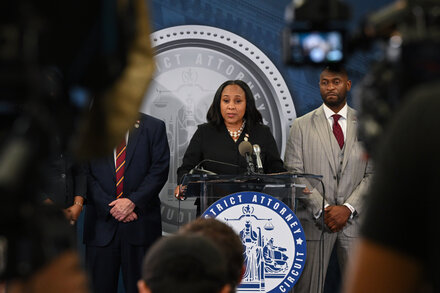In a global landscape marked by evolving power dynamics, China’s calibrated expansion of its international role has gained heightened visibility, particularly when viewed against the backdrop of a perceived U.S. retrenchment under former President Donald J. Trump’s “America First” doctrine.
While Beijing’s approach to global leadership has often been described as incremental and pragmatic, its continued engagement with multilateral institutions and initiatives stands in stark contrast to Washington’s more inward-looking posture during specific periods of the Trump administration. This divergence has led many international observers to note that even China’s measured steps on the world stage appear more significant in the absence of consistent U.S. global leadership.
China’s Expanding Footprint
Over recent years, China has demonstrably increased its participation and influence within various international bodies, including the United Nations, the World Health Organization, and climate change forums. Beijing has consistently championed multilateralism, often framing its efforts as a commitment to a stable, rules-based international order.
“We believe in shared responsibility and multilateral solutions for global challenges,” stated a senior Chinese diplomat at a recent UN General Assembly session. “Our engagement is aimed at promoting common development and addressing the pressing issues facing humanity, from climate change to public health.”
China’s Belt and Road Initiative (BRI), while subject to international scrutiny regarding debt sustainability and geopolitical influence, represents a significant outward projection of Chinese economic and infrastructural power, fostering connections across Asia, Africa, and parts of Europe.
The U.S. “America First” Posture
Conversely, the Trump administration pursued policies characterized by a skepticism toward international agreements and institutions. This approach led to the U.S. withdrawal from the Paris Agreement on climate change, the Joint Comprehensive Plan of Action (Iran nuclear deal), and the World Health Organization, among other significant actions. The “America First” policy prioritized national sovereignty and bilateral deals, often leading to a reduction in U.S. contributions to, and engagement with, global governance mechanisms.
“America First means prioritizing our own interests and putting American citizens first,” a former senior official in the Trump administration reportedly articulated. “We will not be constrained by outdated global frameworks that do not serve our national security or economic prosperity.”
This stance, while popular among certain segments of the American electorate, created what many international partners perceived as a vacuum in global leadership, prompting questions about the future of the liberal international order.
Implications for Global Governance
The juxtaposed approaches have profound implications for global governance. As the U.S. retreated from certain international platforms, China often stepped in, not always with an intention to replace American leadership directly, but to secure its own interests and promote its vision of global order. This has allowed China to shape narratives, influence agendas, and strengthen its diplomatic ties in regions where U.S. influence diminished.
“The dynamic is clear,” commented a European diplomat specializing in East Asian affairs. “While China’s efforts may still be incremental in many areas, their consistency and presence become significantly more noticeable when set against the backdrop of an absent or disengaged United States. It creates an undeniable shift in perception regarding who is committed to global problem-solving.”
The long-term effects of this divergence remain a subject of intense debate among policymakers and analysts, but the immediate impact has been a re-evaluation of the sources of global leadership and the potential for a more multipolar world order.
Source: Read the original article here.





